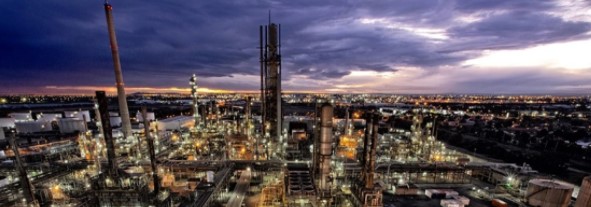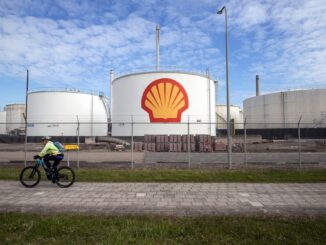
ExxonMobil’s 90,000 b/d Altona refinery in Victoria is no longer economically viable and will be converted into an oil product import terminal, the company said today.
The decision was made following an extensive review of operations at the plant. The review considered the competitive supply of products into Australia, declining domestic crude production, future capital investments and the impacts of these factors on operating earnings, ExxonMobil said.
The company warned in November that Altona was operating at a loss because of the impact of the Covid-19 pandemic on fuel demand in Victoria state, where it is located.
The announcement comes days after the Australian government announced its future fuels strategy, which included modest backing for electric vehicles and a reiteration of its commitment to boost oil stocks to meet its IEA obligations. The government has separately offered subsidy support to the country’s downstream sector in an attempt to prevent closures.
“We extend our thanks to the federal government for the significant support offered to Altona and other refineries. Our decision to convert our facility to a terminal is not a reflection of those efforts,” ExxonMobil Australia chairman Nathan Fay said.
ExxonMobil said it will continue to operate Altona while it undertakes transition work to maintain fuel supplies to its customers. It did not indicate when the refinery will close.
Altona, which started operation in 1949, is Australia’s smallest refinery and the second refinery in the country to announce a closure in recent months. BP said in October it would convert its 146,000 b/d Kwinana refinery in Western Australia to an import terminal, with refining operations to end before mid-2021.
The Altona closure will leave just two refineries in operation in Australia, with combined capacity of less than a quarter of the country’s 1mn b/d market. And the outlook for these remaining refineries is also unclear.
Australian fuel supplier Ampol has said it is considering the future of its 109,000 b/d Lytton plant in Queensland. Australia-listed Viva Energy, which is backed by global trading firm Vitol, said last year it was examining the long-term viability of its 128,000 b/d Geelong refinery in Victoria, although it has since accepted the government’s taxpayer subsidy – making it the only refinery operator to do so.
ExxonMobil has imported crude from destinations including west Africa and Azerbaijan for the Altona refinery in recent months. The refinery also runs crude produced by the Gippsland Basin Joint Venture (GBJV) operated by ExxonMobil in a 50:50 partnership with UK-Australian resources firm BHP. GBJV produced around 25,000 b/d of crude and condensate in July-December last year.



